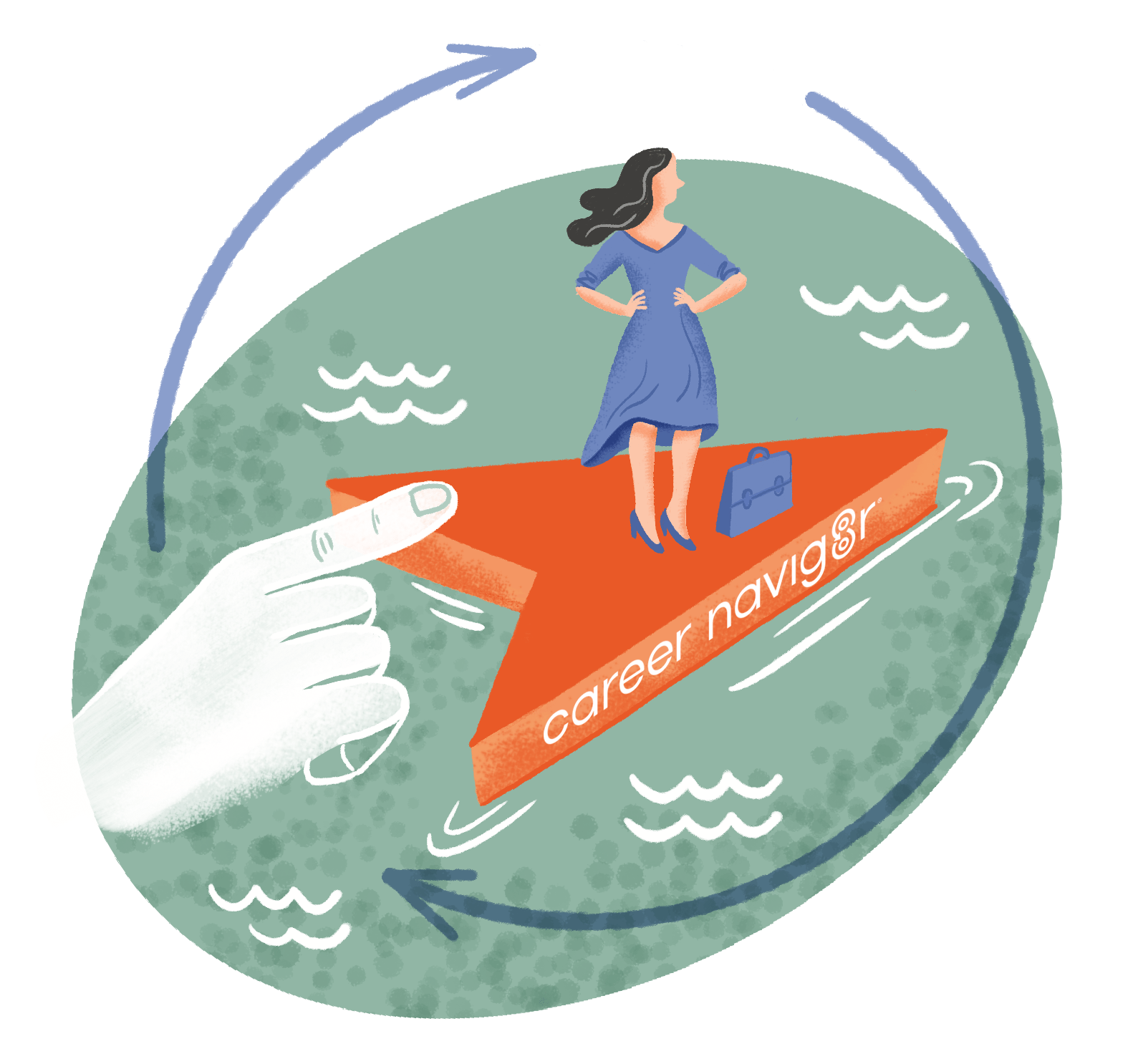Setting Healthy Boundaries in Mentoring Relationships

As a Mentor, one of the skills you’ll find yourself exercising the most will be your ability to communicate and build professional relationships. Good mentor/mentee relationships can transform the entire mentoring experience, not only enhancing the Mentee’s development but also leading to a more satisfying and fulfilling career for the Mentor.
That said, as with any professional relationship, it’s important to have mutual respect and agreed expectations. But how can you ensure that you and your Mentee are always on the same page? And what can you do if things aren’t quite going to plan?
Setting The Stage For A Healthy Relationship From Day One

All relationships are different. This is as true with your friends and family as it is with your professional colleagues and associates. A good rapport can come from any number of places as two people learn more about one another – their similarities and their differences.
When approaching a Mentor/Mentee relationship it’s important to understand that, while this is a professional pairing, it always helps to get to know one another. During your first meeting, why not take the chance to break the ice by asking your Mentor a little about themselves? Ask which personal interests drew them to the job role in the first place. You might find you have more in common than you thought.
That being said, it’s also good to use that first meeting to really establish some solid expectations. Ask what your Mentee is looking to get out of the experience and try to be honest and upfront about what you can provide and how you can help them.
Some Mentees may have quite a clear idea of what they’re looking to get from the experience. For example, they might need help training for the right qualifications or preparing for interviews. In these cases, don’t be afraid to interrogate their reasoning a little. You’ll find that some have really done their research while others may have set themselves on the wrong track. In the latter case, now is the perfect moment to course correct.
Other times, you may find Mentees have less specific expectations/requirements. Some may be starting from square one and you will literally be their first port of call. In these cases, it’s good to ask some questions to find out what their existing skills are (both hard and soft skills) and assess how long it may take them to achieve their goals.
The most important thing to remember about that first meeting is that each mentoring experience will be a little bit different. This is your chance to listen and learn all about the person on the other end so you can ask yourself the most important question of all: what can you do to help them achieve their dream?
How To Build Mutual Respect
Mutual respect is a vital part of a Mentor relationship, leading to better communication and a more fulfilling experience both for the Mentor and the Mentee. That said, building respect doesn’t always happen right away. After all, it can take time to get to know one another and develop a meaningful understanding of each other’s skills.
For your part, the most important thing to understand is that while your Mentee is less experienced than you in your job role, they will no doubt be bringing their own wealth of experiences to the role. This is an excellent opportunity for you to work with them, using their existing skills to help them to play to their strengths.
Let’s say that you’re a graphic designer who has spent years working on marketing campaigns for large companies such as banks and high-street retailers. Your Mentee works in marketing and is looking to become a graphic designer like you, but their experience has all been with smaller start-ups, helping them to spread their name and their brand.
At first glance, this might seem like a difficult match, but it doesn’t have to be. After all, your Mentee has a skill set and you can work with that. Your knowledge is all based around the job role itself, the design process, working with clients, and making changes based on feedback. Their knowledge, on the other hand, is all about helping small businesses find their feet.
This is where mutual respect comes in. By understanding the value of your Mentee’s existing experience, and how your knowledge could supplement or enhance that experience, you can help them secure the same job role and excel in it, all while working in a completely different sector of the market.
Navigating Trust
In a Mentor relationship, a solid foundation of trust will take you a long way. For your Mentee, that will mean implementing your feedback, following advice, and respecting that the guidance you give comes from a place of first-hand knowledge.
For your part, it means having a good understanding of what your Mentee is looking to achieve and being honest from the start. One of the most challenging aspects of being a Mentor is managing expectations and sometimes that means presenting your Mentee with difficult information.
For example, some Mentees may underestimate the challenges ahead of them, while others might have misconceptions about the expectations being placed on them in a job role. By setting them on the right path up front, you’ll be showing your Mentee that you’re a person who can be trusted as an honest source of information, no matter the circumstance.
Nurturing a Growth Mindset
Ambition is a wonderful thing. It drives people to excel and to improve themselves in ways the people around them might never expect. To find a Mentor takes ambition. It’s a sign that your Mentee believes that with the right guidance they can and will reach that dream job role.
While you may occasionally need to temper that ambition with a little realism, you’re also in the perfect position to inspire and guide; to reinforce their successes and help them to understand their own progress. It may sound corny, but it never hurts to remind someone to believe in themselves.
Do you want to inspire people towards a growth mindset? Then become a Mentor today by signing up at CareerNavig8r.com and start sharing your knowledge and experience with those who need it!


